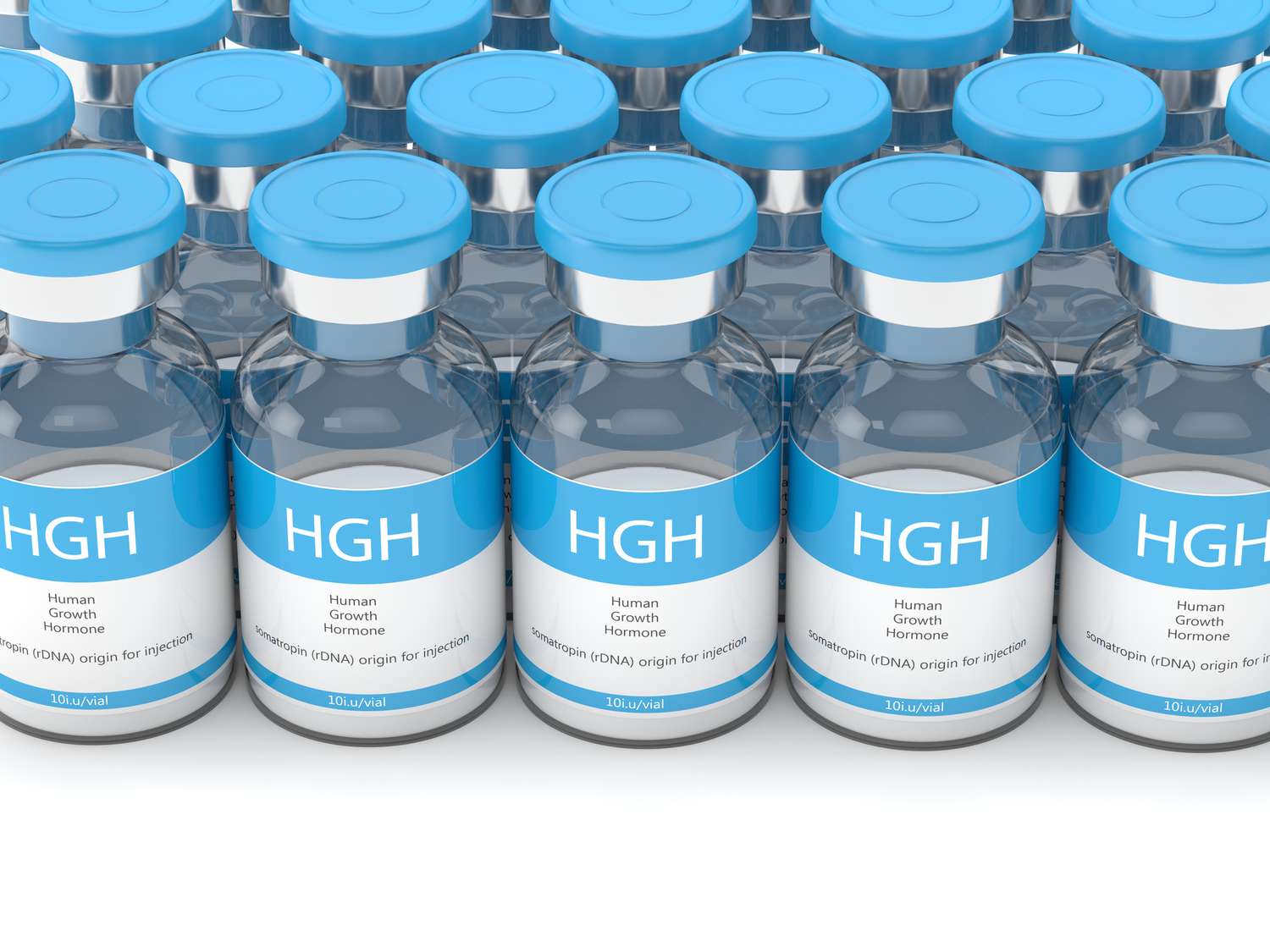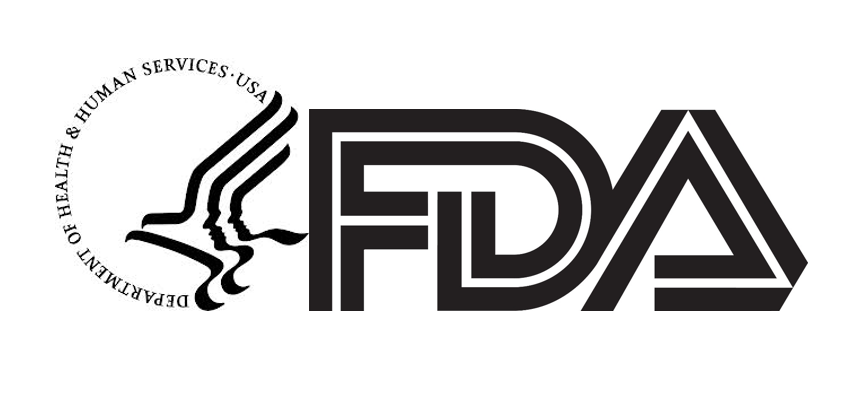Human Growth Hormone (HGH) has gained traction as an appealing option for bodybuilders looking to enhance muscle mass and reduce recovery times. Naturally produced by the pituitary gland, HGH plays a key role in growth, body composition, cell repair, and metabolism. In the realm of bodybuilding, synthetic variants are used to attempt to gain an edge in muscle development and performance.
However, the use of HGH is not without its consequences. While some users report positive gains in lean body mass and physical performance, the synthetic modification of natural hormone levels can lead to a variety of side effects. These side effects can range from mild to severe and may include joint and muscle pain, edema, carpal tunnel syndrome, increased resistance to insulin, and even growth of cancerous tumors. The use of HGH in bodybuilding has raised ethical concerns, legal issues, and health risks, prompting a discussion among the fitness community, regulatory bodies, and healthcare providers.
Quick Summary
- HGH is used by bodybuilders to enhance muscle mass and recovery, but carries the risk of significant side effects.
- Synthetic HGH use in bodybuilding is associated with a spectrum of potential health risks and legal concerns.
- Natural strategies for optimizing HGH levels are advocated to mitigate health risks associated with synthetic HGH.
HGH and Its Role in Bodybuilding

Human Growth Hormone (HGH) is a peptide hormone that stimulates growth, cell reproduction, and regeneration in humans. It plays a crucial role in increasing muscle mass, making it a substance of interest in bodybuilding. Here, its ability to enhance muscle growth and improve physical capacity comes to the fore, considering that bodybuilders seek to maximize their strength and physique.
Growth Hormone (HGH) is secreted by the pituitary gland and influences the metabolism of fats, carbohydrates, and proteins, crucial for sustaining energy during exercise. It also promotes protein synthesis, a foundational process for tissue repair and muscle growth. Consequently, through its anabolic effects, it aids in the hypertrophy of muscle fibers.
While some bodybuilders pursue HGH supplementation with the aim of achieving these benefits, it is essential to differentiate it from anabolic steroids. HGH primarily targets growth and regeneration, while steroids are more focused on enhancing testosterone levels to increase muscle size and reduce fat more dramatically.
However, bodybuilders should remember that as much as HGH can boost physical enhancements, it is heavily regulated and should be used under medical supervision. Overuse can lead to a range of side effects. In addition, it is not a miracle solution; optimal muscle gains are achieved through a balanced approach combining HGH, exercise, nutrition, and rest.
The natural decline in HGH associated with aging is another factor that compels some bodybuilders to supplement with HGH, as it might potentially counteract age-related loss of muscle mass.
References
- “Human growth hormone (HGH): Does it slow aging?” Mayo Clinic, https://www.mayoclinic.org/healthy-lifestyle/healthy-aging/in-depth/growth-hormone/art-20045735
- “Growth hormone, athletic performance, and aging,” Harvard Health Publishing, https://www.health.harvard.edu/diseases-and-conditions/growth-hormone-athletic-performance-and-aging
HGH Side Effects in Bodybuilding

Human Growth Hormone (HGH) use in bodybuilding may result in several side effects, ranging from insulin resistance to joint pain. This section examines these risks with scientific scrutiny.
Impact on Insulin Resistance and Diabetes
HGH can induce insulin resistance, increasing the risk of developing diabetes. Prolonged usage may cause the body’s cells to be less effective at absorbing blood sugar, which could necessitate medical intervention or insulin therapy.
Risk of Acromegaly and Abnormal Growth
Prolonged HGH abuse can lead to acromegaly, characterized by abnormal bone growth and facial features. This condition arises from excessive hormone levels promoting continued growth.
Joint Pain and Musculoskeletal Complaints
Joint pain is a common complaint among HGH users due to increased fluid retention and tissue growth. Individuals may also experience carpal tunnel syndrome as a result of nerve compression.
Cardiovascular Issues and Swelling
HGH can adversely impact cardiovascular health by altering cholesterol levels and potentially contributing to high blood pressure. Edema or swelling, particularly in the extremities, is another possible side effect.
HGH Use, Legalities, and Health Risks

Human Growth Hormone (HGH) usage in bodybuilding is surrounded by medical, ethical, and legal controversies. While it can support muscle growth and fat loss, it implicates several health risks and legal constraints.
Prescription Regulations and FDA Approval
Human Growth Hormone (HGH) is strictly regulated in the United States and is only legally available by prescription. The FDA has approved it for specific medical conditions, including growth hormone deficiency and wasting conditions like HIV/AIDS. Off-label use of HGH for bodybuilding purposes is illegal, and physicians must adhere to stringent guidelines to prescribe HGH legally.
- Conditions approved for HGH by the FDA:
- Turner syndrome
- Prader-Willi syndrome
- Chronic renal insufficiency
- Growth hormone deficiency
Role of the World Anti-Doping Agency
The World Anti-Doping Agency (WADA) classifies HGH as a banned substance for athletes due to its performance-enhancing properties. The agency has a comprehensive list and regularly updates it to mitigate illegal usage in sports. It advocates for fair play and has developed tests to detect synthetic HGH to enforce its policies.
- WADA’s stance on HGH:
- Banned in- and out-of-competition
- Included in the list of Prohibited Substances
Concerns Around Illegal and Synthetic HGH
Illegal HGH, often sourced from black markets, poses significant health risks due to potential contamination and dosage inaccuracies. Synthetic HGH, not overseen by regulatory bodies, can lead to side effects such as:
- Physical side effects:
- Acromegaly
- Muscle pain
- Carpal tunnel syndrome
- Long-term health risks:
- Diabetes
- Heart disease
- Increased risk of cancers
The usage of synthetic and illicit HGH for bodybuilding defies legal frameworks and exposes users to severe health challenges.
Medical Uses of HGH Beyond Bodybuilding

While HGH is notable in the context of bodybuilding for its role in muscle growth and fat loss, its medical applications extend far beyond enhancing physical aesthetics. The hormone is crucial for addressing specific health conditions stemming from growth deficiencies and other disorders.
Treatment of Growth Hormone Deficiency
Growth hormone deficiency (GHD) in both children and adults occurs when the pituitary gland does not produce enough growth hormone (GH). This can lead to a variety of health issues.
- In children, GHD can result in:
- Stunted growth
- Delayed puberty
- In adults, deficiency may cause:
- Decreased muscle mass and energy
- Increased body fat, particularly around the waist
HGH therapy is commonly prescribed to supplement this deficiency. It is particularly effective in children, often producing significant improvements in growth rates and achieving closer alignment with the growth patterns of their peers.
Applications in Other Health Conditions
Aside from tackling GHD, supplemental growth hormone (GH) has nuanced roles in treating other health conditions.
- Turner Syndrome: A condition in girls and women resulting from a missing or incomplete X chromosome, leading to various developmental problems. HGH can aid in achieving normal growth patterns.
- Chronic Kidney Disease: Patients with chronic kidney disease can exhibit growth delays; GH can help attain regular growth trajectories.
- Prader-Willi Syndrome: Characterized by low muscle tone, short stature, and constant hunger, GH can help ameliorate some of these symptoms.
- Short Bowel Syndrome: A condition where nutrients are not properly absorbed due to severe intestinal disease or the surgical removal of a large portion of the small intestine. GH can augment intestinal growth and function.
The administration of HGH for these conditions is typically monitored carefully due to the potential for adverse effects. It is critical that treatment is managed by healthcare professionals to ensure safety and efficacy.
Optimizing HGH Levels Naturally

The natural optimization of human growth hormone (HGH) is crucial for those seeking the benefits of bodybuilding without opting for synthetic alternatives. Focusing on sleep, diet, and exercise can significantly influence HGH production.
The Importance of Sleep and Diet
Sleep profoundly affects HGH levels, as it undergoes its most significant pulses during deep sleep phases. Adults should aim for 7 to 9 hours of quality sleep per night to foster optimal hormone release. Dietary choices are equally essential; a diet rich in protein helps as amino acids are the building blocks for muscle tissue and can stimulate growth hormone release. The inclusion of foods high in amino acids, such as fish, chicken, beans, and nuts, is recommended for boosting HGH levels.
Dietary intervention studies show that high-carb or high-protein meals can increase HGH release. Eating a balanced diet with an emphasis on protein may contribute to better hormone regulation and muscle growth, as well as assist in the fat loss process which can indirectly support healthy HGH levels.
Exercise and Its Effects on HGH Production
Physical activity, particularly high-intensity exercise, has a direct impact on HGH levels. Exercises that involve large muscle groups, such as weight training and resistance exercises, can trigger an acute increase in growth hormone secretion. The intensity of the workout is key; shorts bursts of high-intensity exercise have been shown to be most effective in increasing HGH levels.
It is during the recovery period post-exercise that muscle tissues repair and grow, and this process requires HGH. As age increases, HGH levels naturally decline, making it even more important for aging individuals to adopt exercise regimes that are conducive to maintaining healthy growth hormone levels.
References
- High-carb or high-protein meal linked to increased HGH release: https://www.ncbi.nlm.nih.gov/pubmed/5675428
- Optimal sleep for hormone release: https://www.ncbi.nlm.nih.gov/pubmed/8627466
- High-intensity exercise and HGH level: https://www.ncbi.nlm.nih.gov/pubmed/12797841
Frequently Asked Questions

This section provides insights into the side effects and safety concerns associated with the use of human growth hormone (HGH) in the context of bodybuilding.
What are the common HGH side effects in bodybuilding?
Individuals who use HGH for bodybuilding may experience a range of side effects such as joint and muscle pain, swelling in the arms and legs (edema), and insulin resistance. Some users also report an increase in cholesterol levels.
Can HGH use lead to long-term health complications?
Yes, long-term use of HGH can lead to more serious health issues including the risk of diabetes, growth of cancerous tumors, and heart disease. HGH misuse has also been linked to a condition known as acromegaly, which involves abnormal growth of the hands, feet, and face.
What are the differences in HGH side effects between males and females?
Both males and females may experience the side effects of HGH similarly, such as swelling and joint pain. However, females may also face specific side effects like changes in texture and appearance of the skin, and menstrual cycle irregularities.
How does HGH affect specific organs in the human body?
HGH can affect several organs. It may enlarge the heart and cause irregular heart rhythms. Liver damage is another concern, as well as potential thyroid gland dysfunction, leading to altered metabolic processes.
Are there any reversible side effects associated with discontinuing HGH?
Some side effects of HGH, such as joint and muscle pain, edema, and insulin resistance, may be reversible upon discontinuation. However, there is no guarantee, as some effects might persist depending on the duration and dosage of HGH used.
How does the safety profile of HGH compare to anabolic steroids?
HGH and anabolic steroids both carry the risk of significant side effects; however, anabolic steroids are associated with a broader range of potential cardiovascular, hepatic, and hormonal abnormalities. HGH side effects tend to be more focused on metabolic disturbances and growth abnormalities.
References
Dr. Grant Fourie, a specialist in male hormones, is based in Cape Town, South Africa. He provides comprehensive treatments for conditions related to low testosterone, such as erectile dysfunction, fatigue, and mood changes. His methods include hormone replacement therapy and other modern treatment options.
Contact me via email or phone to book personal appointment in my clinic: The Village Square, Cape Town - South Africa



